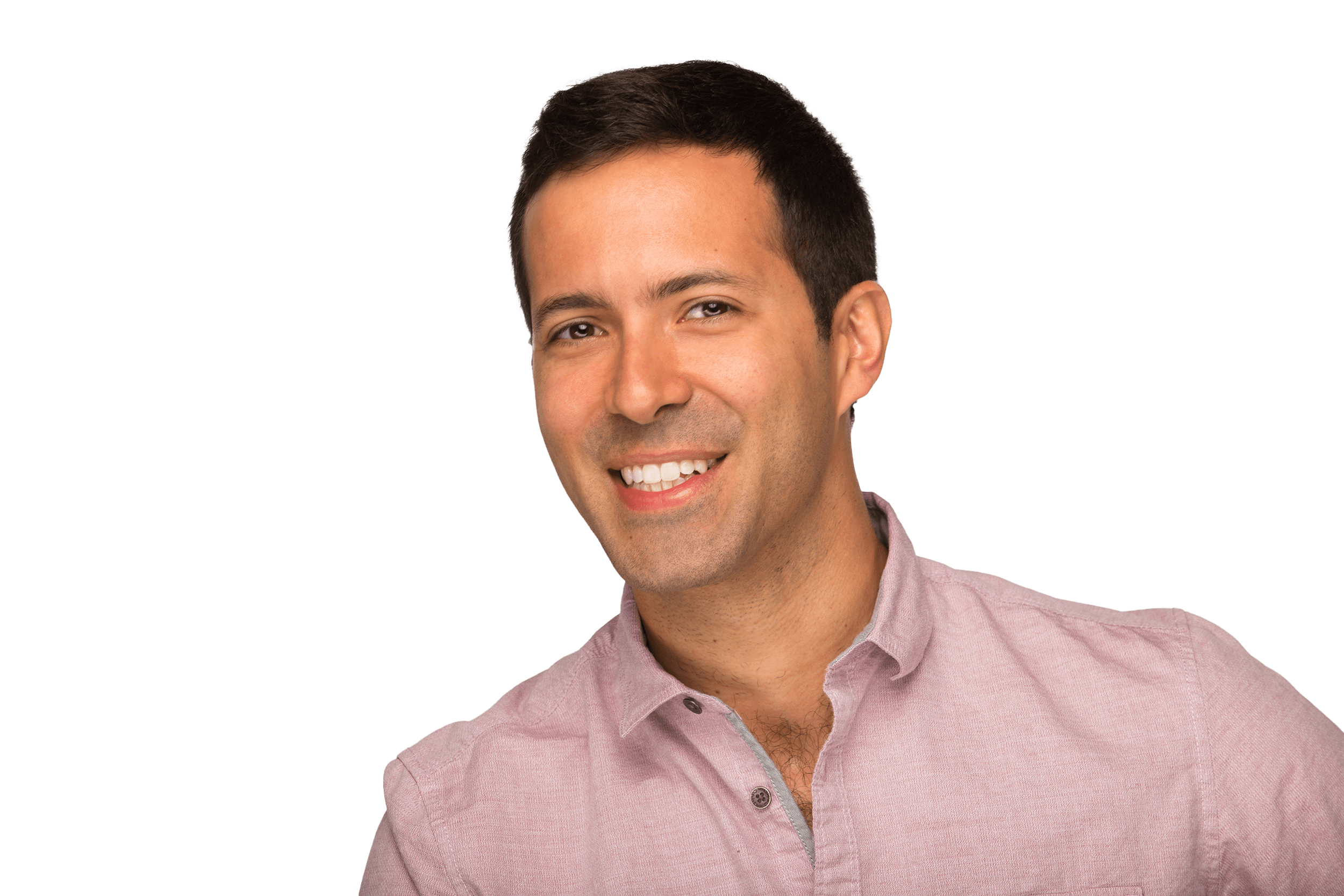I am a
COGNITIVE NEUROSCIENTIST
At NORTHWESTERNRodrigo Braga, PhD
This scientist was part of our original collection.*A few features may be different.
RODRIGO
BRAGA
He/Him
“Everybody can contribute to science. You don’t need to be a certain person, you don’t need to be the best.”
It’s not every day that you look at your long-haired, troublemaking, video-gaming, singer-songwriter friend in high school and think to yourself, “I bet this guy’s going to help us figure out how brains work”… but maybe you should. For Dr. Rodrigo Braga, science surprised him.
He was born in Brazil to a musical family where every night was an opportunity for another sing-a-long or a guitar lesson. He loved it. Music was his way to connect, explore, and express. He grew up in the UK where he joined a band and established a reputation as the token troublemaker. At one point, he was awarded his school’s “prize” for worst attendance (though he wasn’t there to receive it).
After graduation, he set his sights on becoming a professional musician, and went to college with the sole intent of finding some promising bandmates. When he signed up for a few courses — mostly on psychology and philosophy — he discovered that when the topic was consciousness or the inner workings of the mind, he actually did like showing up for class.
At the same time, his music career was taking off. He signed with a label, went on tour playing jazz, rock, and Brazilian music, and released several original albums. Yet it wasn’t enough. He had stumbled upon his own curiosity, and all of the applause in the world couldn’t compete with the nagging questions on his mind. In other words, psychology broke up the band.
Dr. Braga went back to school, where questions about the mind turned into questions about the brain. And when his professors couldn’t give him the answers he was looking for, he decided to try answering them himself. And when he didn’t have the tools he needed to answer them, he decided to try and make them. And when he failed, he tried again, eventually ending up conducting research at Harvard and Stanford.
And all the while, surprising everyone who knew him — including himself.
In a way, both music and neuroscience are tools to explore people: why we feel what we feel, why we are who we are, and what makes the human experience so unique.
Luckily for Dr. Braga, there are no rules against scientists doing both.
Notable Accomplishments:
Ph.D. in Cognitive Neuroscience, Imperial College London, UK
NIH Pathway to Independence Fellow
The
basics:
Expertise: Cognitive Neuroscience; Brain Imaging
Title: Assistant Professor
Institution: Northwestern University
I am a soccer-playing musician who wants to know what makes humans so unique.
PHILOSOPHY
•
SOCCER
•
VIDEO GAMES
•
PLAYING GUITAR
•
SPENDING TIME WITH LOVED ONES
•
PHILOSOPHY • SOCCER • VIDEO GAMES • PLAYING GUITAR • SPENDING TIME WITH LOVED ONES •
things I love:
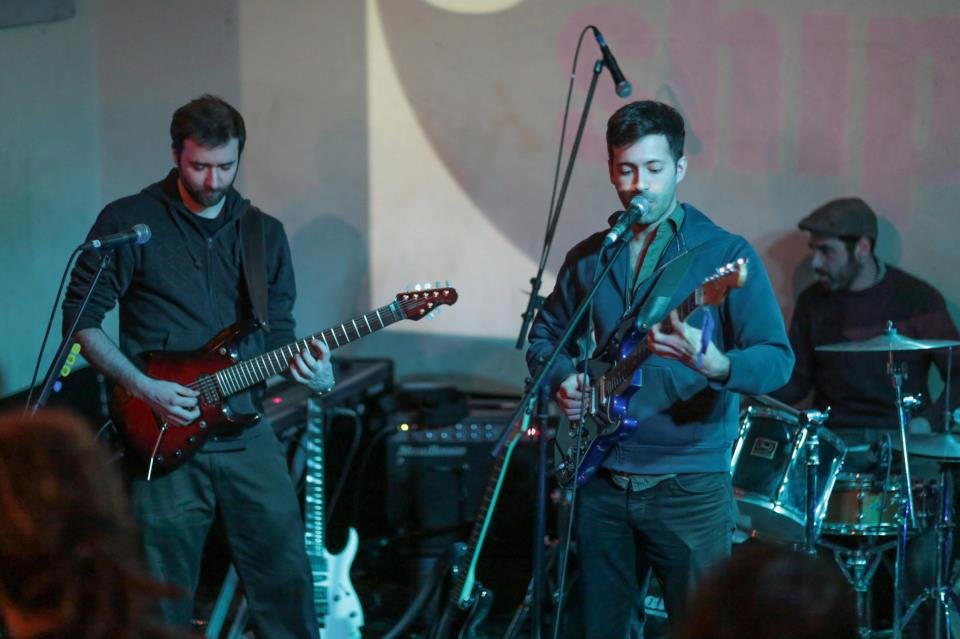
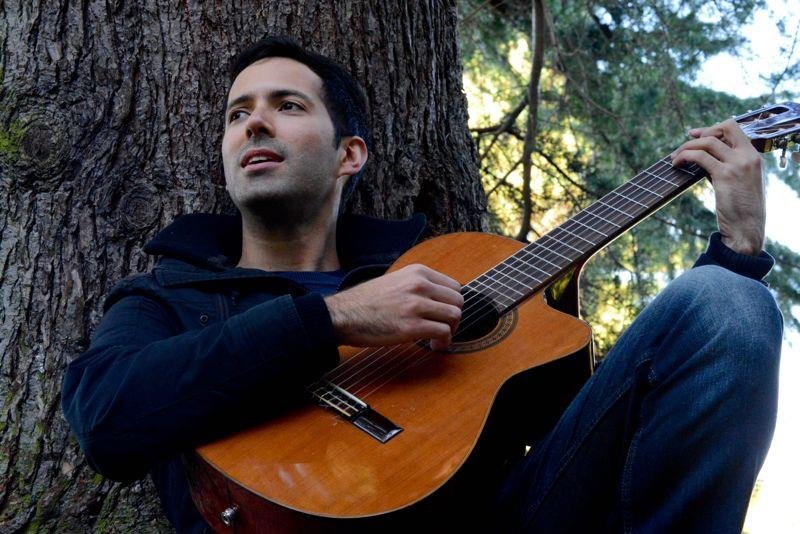
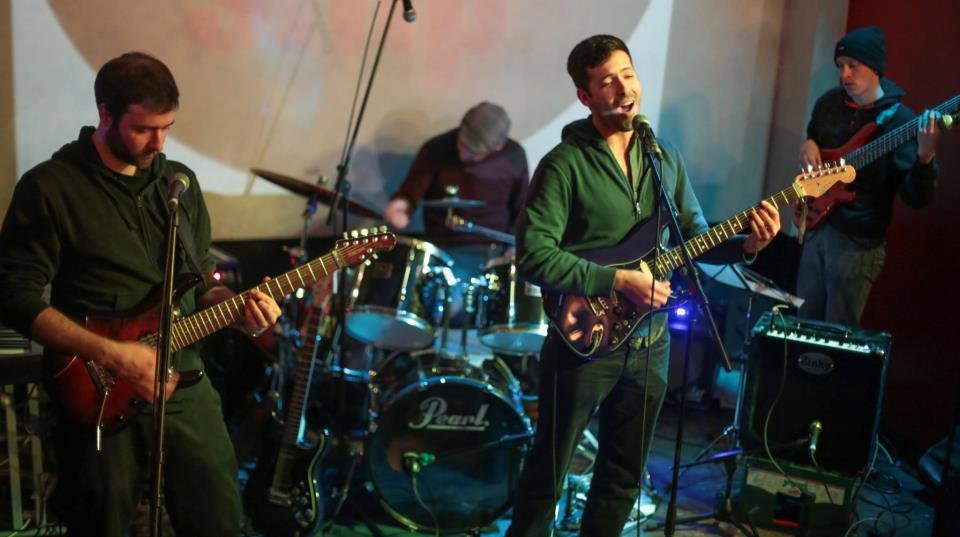
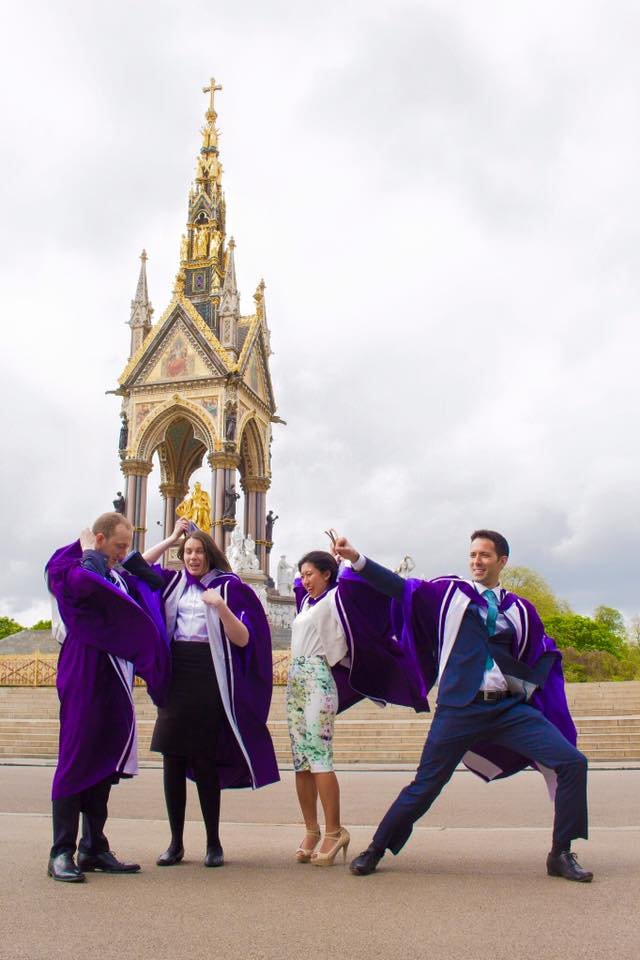
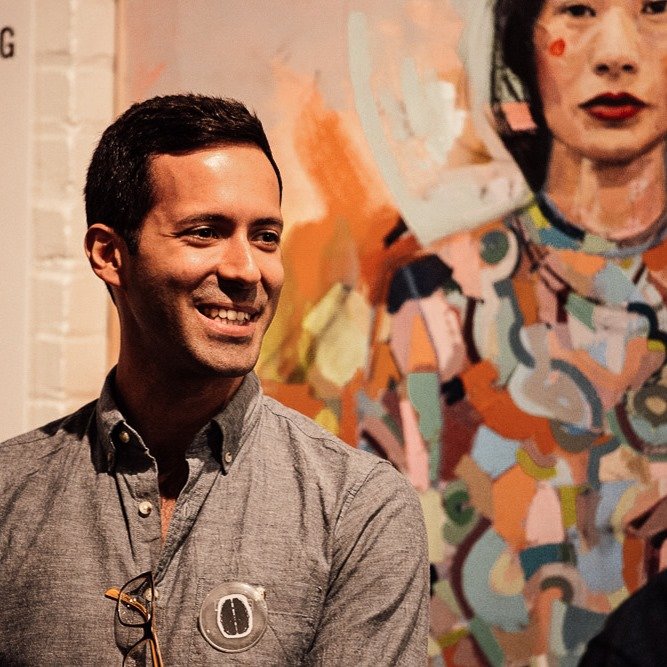

WHAT I DO
i am a COGNITIVE NEUROSCIENTIST
I study the human brain and all of the ways it helps us to think and solve problems.
I’m an assistant professor.
I teach students and work in a lab with lots of computers and big MRI machines that let me look into peoples’ brains.
i use fmri.
fMRI is a tool that lets us see the structure of the brain and how different parts of the brain are when we’re doing different things like daydreaming, math, or looking at pictures of other people.
i take pictures of brains.
I take pictures of lots of different peoples’ brains and look for patterns. There patterns can tell us which parts of the brain communicate with each other, which we call a “network”.
MY WHY
I chose neuroscience because it gives us safe tools for studying living people, and that gives us a chance of better understanding big philosophical questions like free will and identity. I study the human brain so that we can better understand ourselves.
I WANT TO KNOW:
How is the brain organized?
How do different parts of the brain talk to each other to create consciousness, or “us”?
MY ADVICE
a little about me
I’m a musician and my band toured across the UK.
I bring my guitar everywhere I can in hopes that there will be a sing-a-long. I’ve also been a lot of different things and multipassionate. I was born in Brazil but grew up in London. My favorite pop culture scientist is Iron Man. I love playing soccer. I was an extra in a bunch of movies and TV shows. I was a paper boy when I was a kid. I get really competitive, even about things that don’t matter. My friends tease me about being late for everything. I make a lot of “dad jokes”. Playing video games helps me relax.
MY PATH TO SCIENCE
Childhood Troublemaker
I was born in Brazil but grew up in the UK. I was always getting in trouble in school for missing class, drawing, or disrupting other students. I once got a prize for least attendance but I wasn’t there to receive it. My brother and I had an agreement that they would intercept letters sent home from school so that our parent’s wouldn’t find out.
Curious about How People Work
In high school, I started becoming interested in the mind, though I didn’t know what to call it. Then in college, I became fascinated by the idea that we could have a world of thoughts in our head. I always had a little bit of “imposter syndrome”, or feeling like I didn’t belong. I didn’t question my core abilities, but struggled with my memory and felt like I couldn’t think as quickly as people around me.
Musical Intermission
After high school, I took a gap year and knew I wanted to be a musician. I went to college to meet people I could start a band with. After college, I moved to London where I wrote and performed for three years. My bands did a combination of Brazilian music, jazz, and rock. I even got a record deal and released four albums. But I wasn’t fulfilled and didn’t like the lifestyle. My curiosity wasn’t being met, so it wasn’t enough.
Surprising Everyone
I decided to keep doing music on the side, but wanted to answer some of the question I’d been thinking about my whole life. So, I got a Masters in imaging and then a PhD in Cognitive Neuroscience at Imperial College London. When I started my PhD, people who knew me before were really surprised—it wasn’t what people expected of me.
Creating Better Tools
I realized that neuroscience could be even better if I used the right tools. So, after my PhD, I went to do post-doctoral research at Harvard University and Stanford University, where I continued to learn how I could apply the new tools to my questions. I hope to continue to answer the big philosophical questions about how people work through the lens of neuroscience.
I study cognitive neuroscience
A cognitive neuroscientist is primarily a researcher, on a quest to find out how our brains contribute to our cognitive function.
INTRODUCING
Brain Imaging
What is brain imaging? Why does it matter?
How do you take a picture of a brain? What kind of camera do you need, and what do you do with the picture once you get it? Brain imaging, also known as neuroimaging, is a developing field of research that allows all kinds of scientists to look inside the mind to see, literally, what kinds of thoughts and conditions cause the brain to “light up” with neural activity in different regions. This type of imaging, as opposed to structural imaging which looks at the structure of the brain, is called functional imaging and gives researchers a window into how the brain works.
Functional magnetic resonance imaging, or fMRI, is one of the most common ways to take a “picture” of the brain. It allows researchers to see how blood flows through a living brain. Blood carries oxygen, and when a part of the brain is more active, it needs more oxygen, so fMRI is a way to indirectly measure when a part of the brain is very active. The fMRI’s '“camera” is actually a giant magnet that can detect changes in the orientation of atoms in the brain, which is pretty awesome. Measuring all of these changes when the person is doing a particular task give scientists clues about which parts of the brain are involved with different things. For example, the occipital lobe commonly “lights up” when the brain in the fMRI machine is performing a visual task, indicating that this region of the brain is important for processing visual information.
Together, all of this research gives us a much better understanding of how our brains work. That understanding can be used to improve everything from psychological treatments to education.
Career Resources
Every scientist’s path is unique, and the right resources can make all of the difference. Below are a selection of resources that may be helpful for those who are interested in areas of science that are related to Rodrigo’s work.

“It is not about failure itself, everybody fails. It is not about keeping a secret. It is about embracing it and telling people ‘I don’t know how to do this. Can you help me?’ Failure is an important part of life.”
— RODRIGO BRAGA, PHD
KEEP EXPLORING
Here are some resources we recommend for diving deeper into themes from this story.
Human Sciences
FIELD GUIDE
coming soonView more related scientists:
Looking for teacher resources?
PHOTOGRAPHER: Erica Derrickson • Boston, MA© 2024 THE PLENARY, CO. ALL RIGHTS RESERVED. TERMS. PRIVACY.This is a brand new site! See an issue? Let us know.


